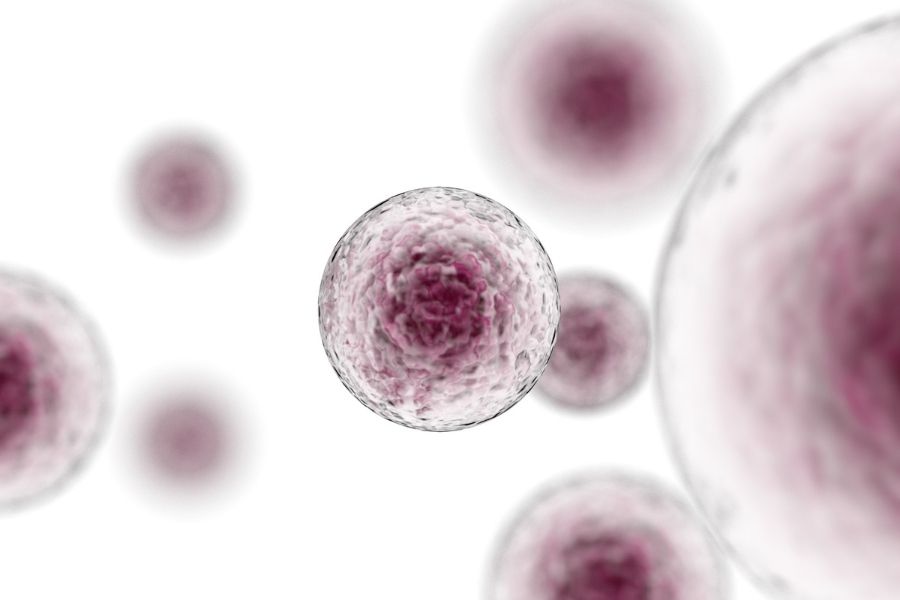If you have a child with autism, you probably spend a great deal of time researching different treatments and therapies to help them adapt to the world around them. Every case is different, and there’s still so much we don’t know about the autism spectrum. While the FDA hasn’t approved anything yet, there is hope for the potential of stem cell treatment for autism.

How Might Stem Cells Help?
As the percentage of kids diagnosed with autism spectrum disorder grows, we’ve learned a couple of things. In some cases, the disorder stems from a genetic component. It can also stem from some environmental risk factors, including the age of the mother. We also know that children with autism commonly experience heightened immune system activity and inflammation in the brain.
Evidence shows that giving stem cells intravenously can improve both immune system regulation and neural connectivity in the brain. Early data indicates it can result in cognitive improvements for children with autism.
Where Is the Research At?
In the United States, scientists are conducting this research at Duke University under the supervision of Dr. Joanne Kurtzberg, the Director of the Marcus Center for Cellular Cures. They have published two studies and the doctor continues to conduct trials with stem cells from both umbilical cord blood and tissue. Unfortunately, COVID-19 postponed one study. It will take two years to complete.
Why Do Clinics Offer Stem Cell Therapy?
Some treatments are legal, but that doesn’t mean they’re effective—or that the FDA has approved them. Parents can end up spending tens of thousands of dollars at a clinic that isn’t forthcoming about the odds for improvement.
Many parents are focused on the potential of stem cell treatment for autism and the likelihood that the FDA will approve it. If you know that autism runs in your family, consider banking umbilical cord blood and tissue in case your child needs it. In the meantime, Dr. Kurtzberg and her team will work toward a breakthrough.
Related Posts
How to Create a More Inclusive Classrooms for Kids With Autism
How to Help your Autistic Child Cope with Coronavirus Lockdown